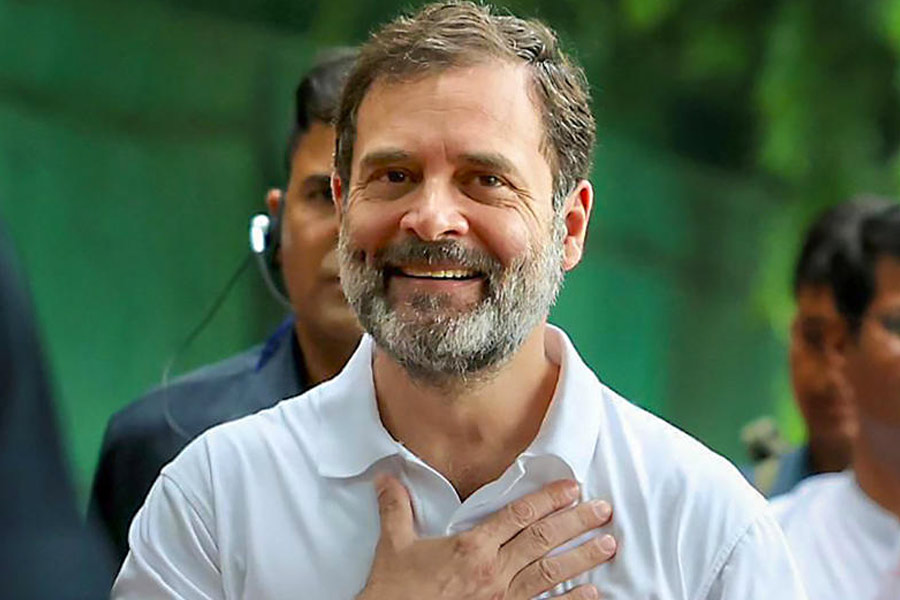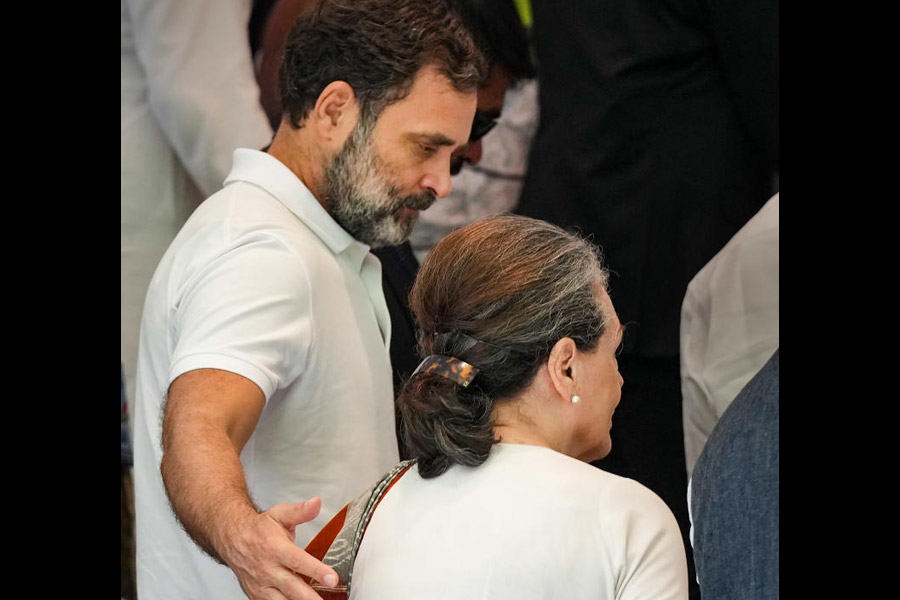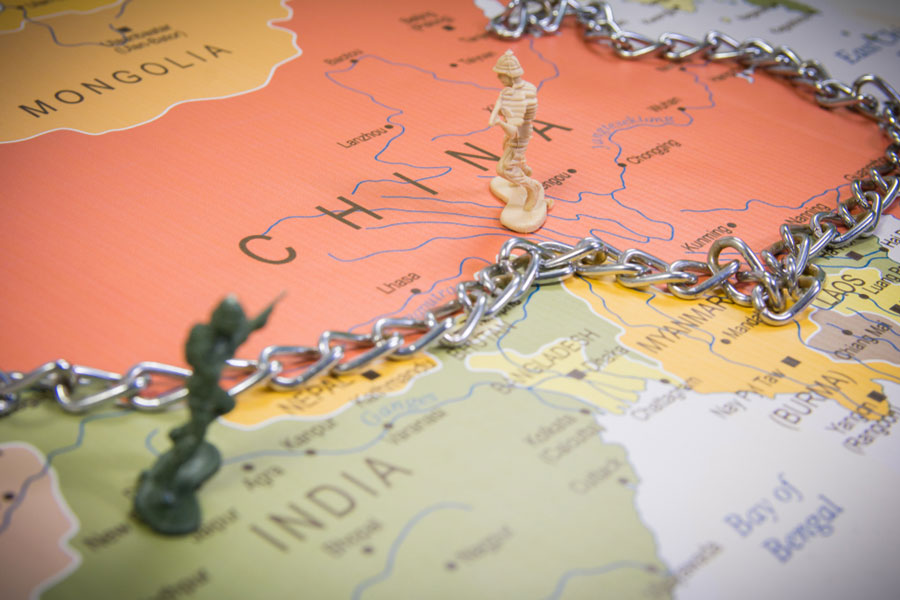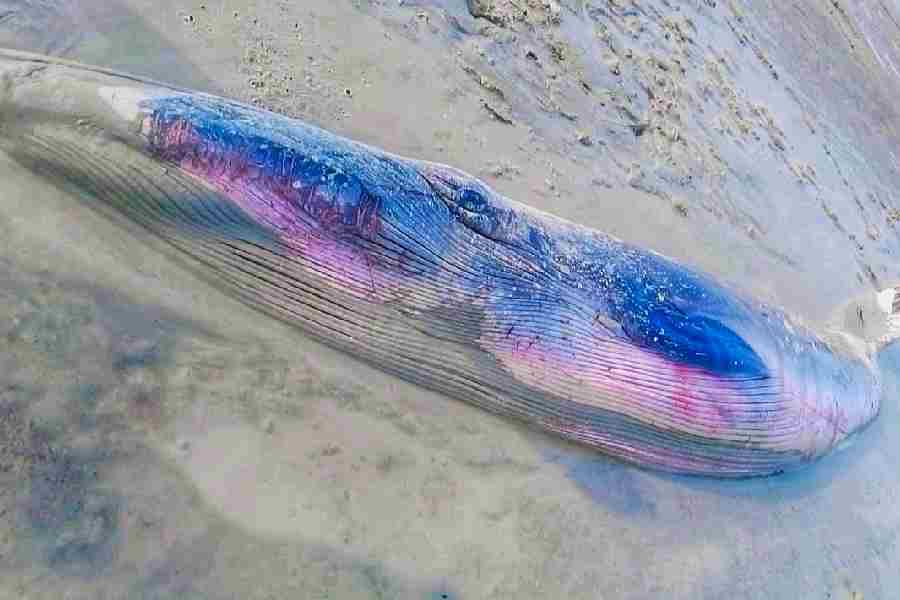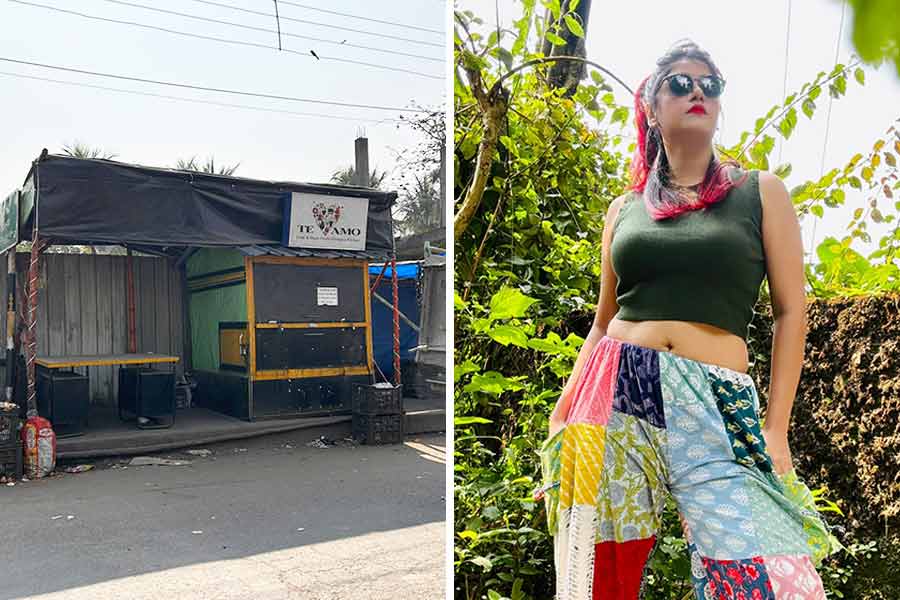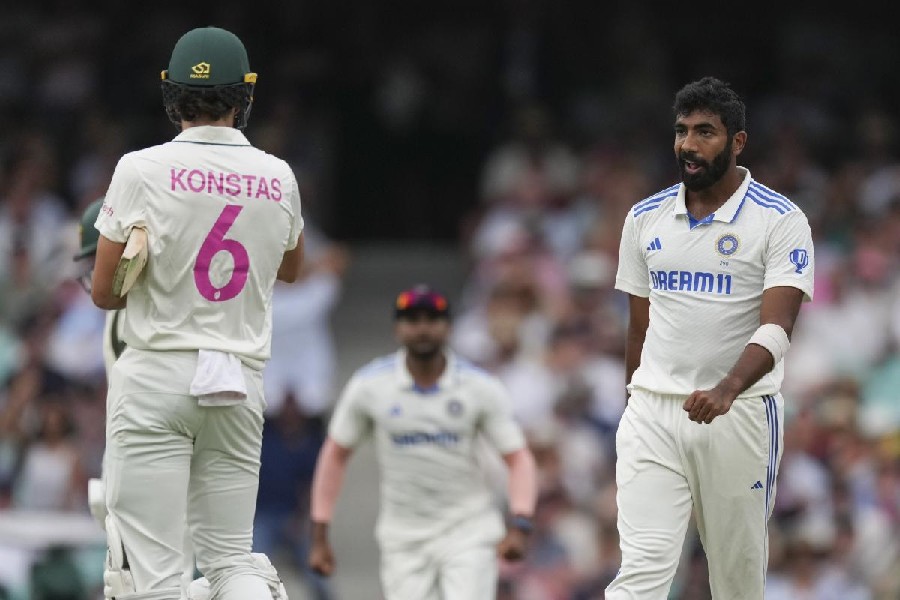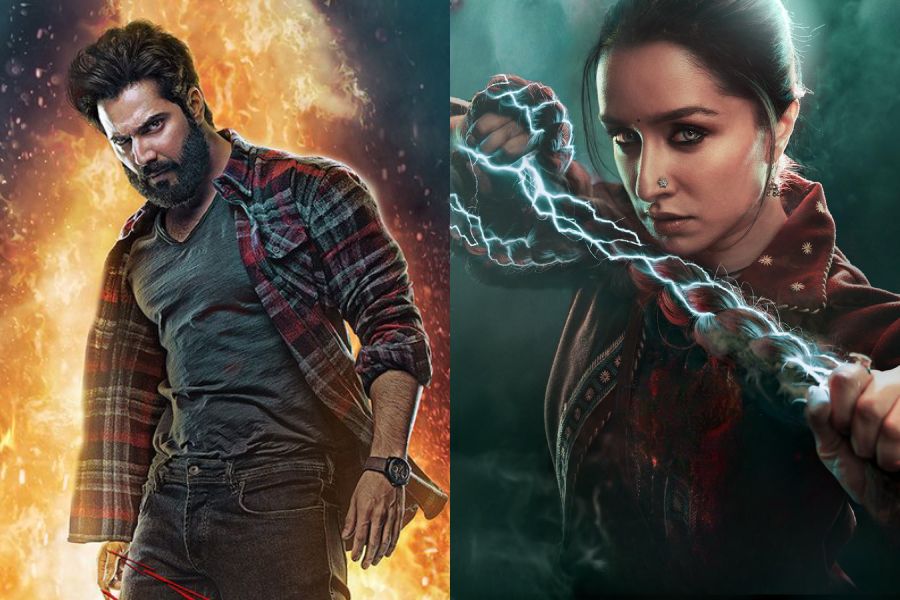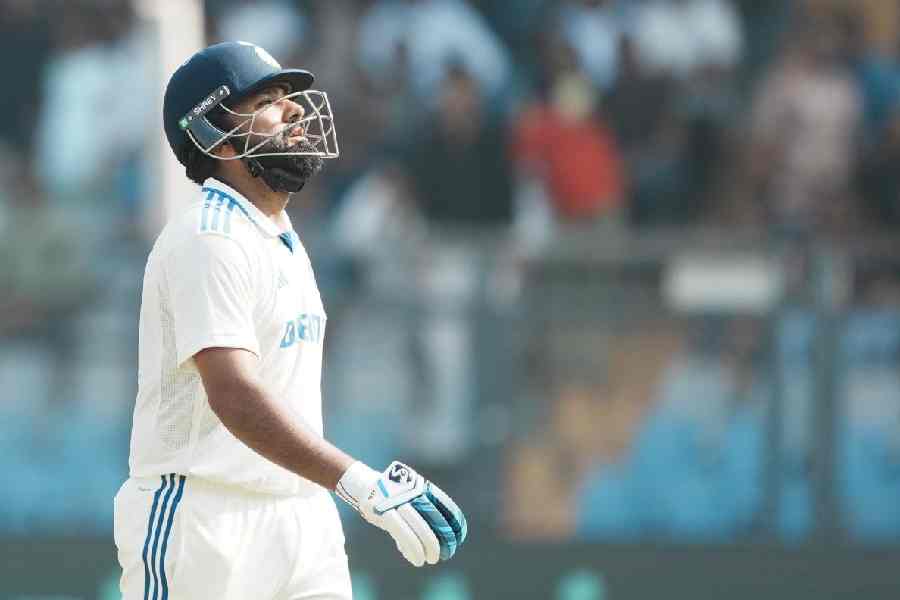The Supreme Court will on Friday take up Rahul Gandhi’s plea for a stay of his conviction for defamation, which has cost him his membership of Parliament and hung a cloud over his eligibility to contest elections over the next eight years.
The bench of Chief Justice D.Y. Chandrachud and Justices P.S. Narasimha and Manoj Misra on Tuesday agreed to a request from senior advocate Abhishek Singhvi for urgent listing of Rahul’s appeal.
On July 21, the matter is likely to be heard by the Chief Justice-headed bench.
Rahul had during a campaign speech in April 2019 named multiple corruption accused named Modi and asked why all thieves had the surname Modi. A BJP politician from Gujarat, Purnesh Modi, had filed the defamation case.
After a magistrate’s court in Surat convicted Rahul and sentenced him to two years in jail — the maximum punishment allowed for defamation — a sessions court and Gujarat High Court declined to stay the conviction.
A person sentenced to two or more years in jail is disqualified as a lawmaker and cannot contest elections for six years after serving out their jail term.
Rahul has in his petition challenging the high court’s July 7 order argued that it would “set a disastrous precedent wiping out any form of political dialogue or debate which is remotely critical in any manner”.
According to Rahul, the high court’s finding that his conduct amounted to “moral turpitude” has been “misapplied to a case which is not one relating to any heinous offence (e.g. murder, rape or other immoral activity) and ex facie cannot apply to an offence where the legislature thought it fit to provide for a maximum punishment of only 2 years”.
“The entire approach of the impugned judgment, as indeed of the judgments of the courts below, has been to mischaracterise the one-line statement of the petitioner as hugely serious,” Rahul has said.
“Unprecedentedly, in a case of criminal defamation, a maximum sentence of 2 years has been imposed; itself a rarest of rare occurrence. The sentence has been suspended for the asking; however, conviction is not stayed/ suspended.
“This has resulted in the inexorable exclusion of the petitioner from all political elective office for a long period of 8 years. That too in the world’s largest democracy where the petitioner has been a former president of the oldest political movement in the country and is also continuously in the vanguard of Opposition political activity.”
Rahul has argued that if the conviction is not stayed, he would suffer irreparable injury coupled with irreversible consequences, resulting in injustice.
“As a consequence of the conviction, the petitioner is currently disqualified as a member of Parliament from Wayanad, a parliamentary constituency in Kerala, and cannot participate in parliamentary proceedings. It may be noted… petitioner was elected with a record margin of 431,770 votes,” his appeal says.
Rahul has cited the apex court’s 2018 judgment in the Lok Prahari Through its General Secretary vs Union of India case, which said that disqualification as MP on account of a frivolous conviction caused irreparable harm and injury not only to the public representative but also to the voters of the constituency.
“It is not only curious but extremely significant, indeed sinister, that all earlier cases including all qua the present speech, have been filed by members and office-bearers of the ruling party,” Rahul’s appeal says.
“It is ironic that the only persons allegedly defamed out of a supposed defined community of 13 cr persons are those who are office bearers or senior personnel of the ruling Bharatiya Janata Party (‘BJP’)!”

